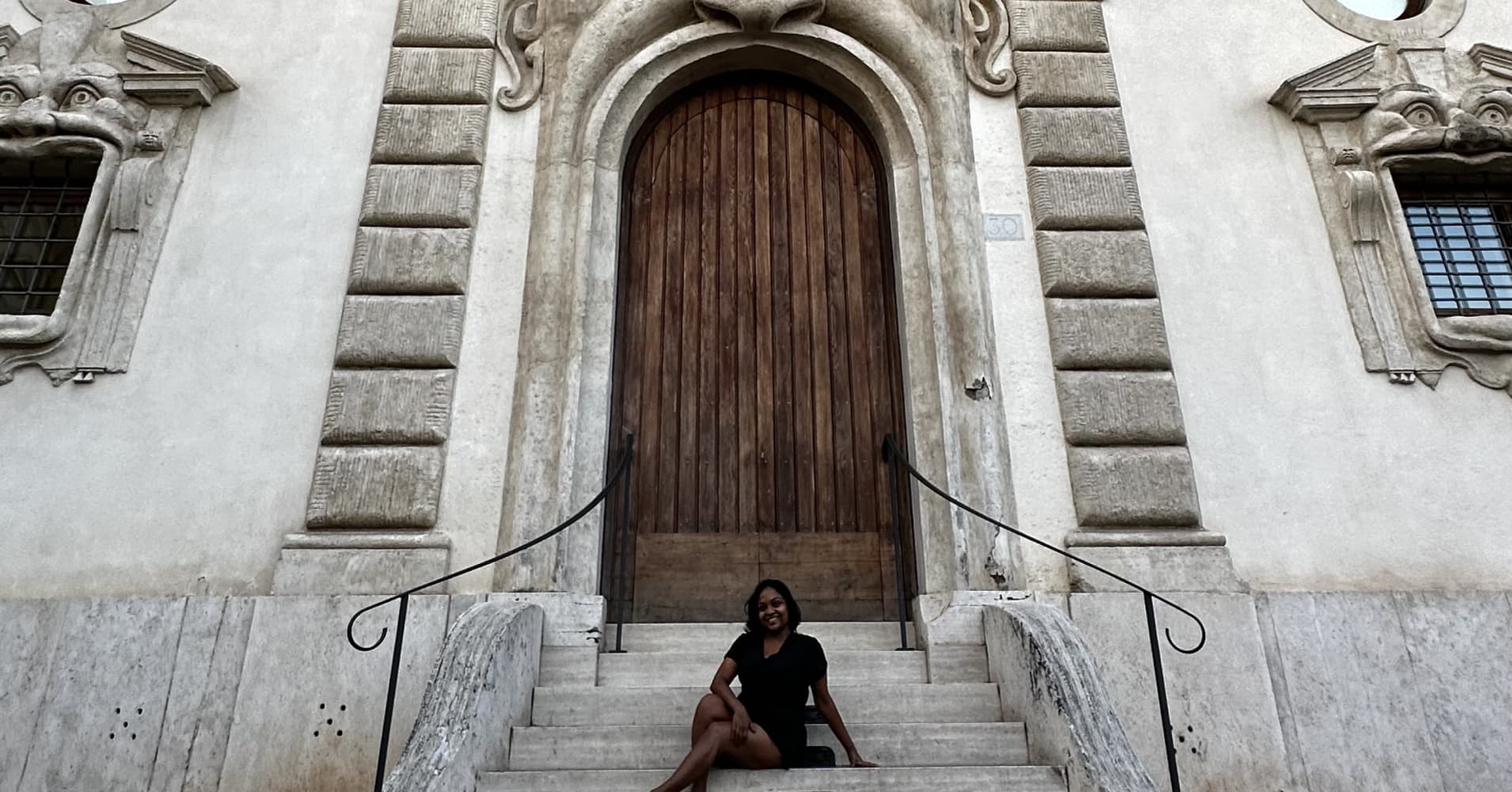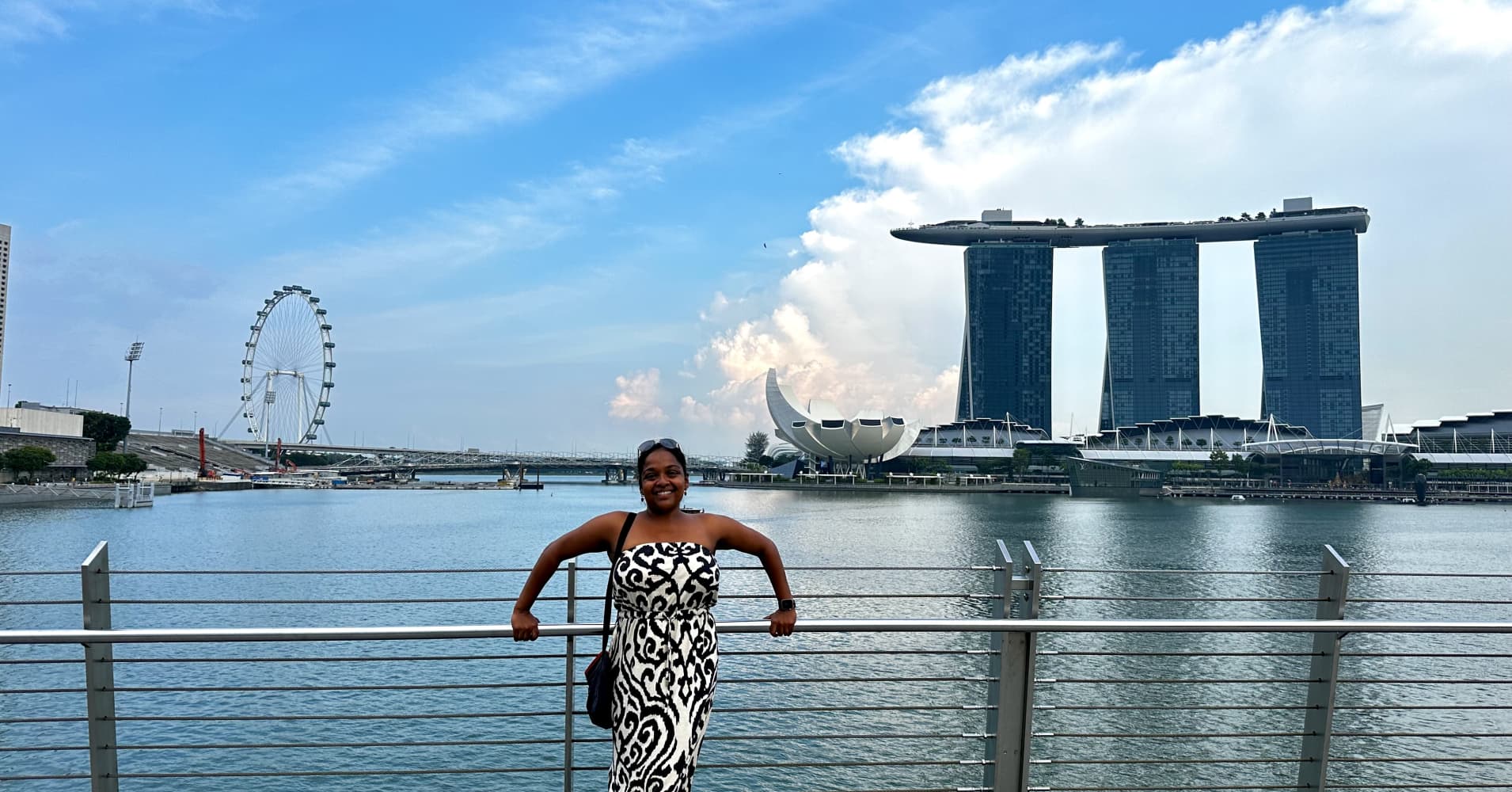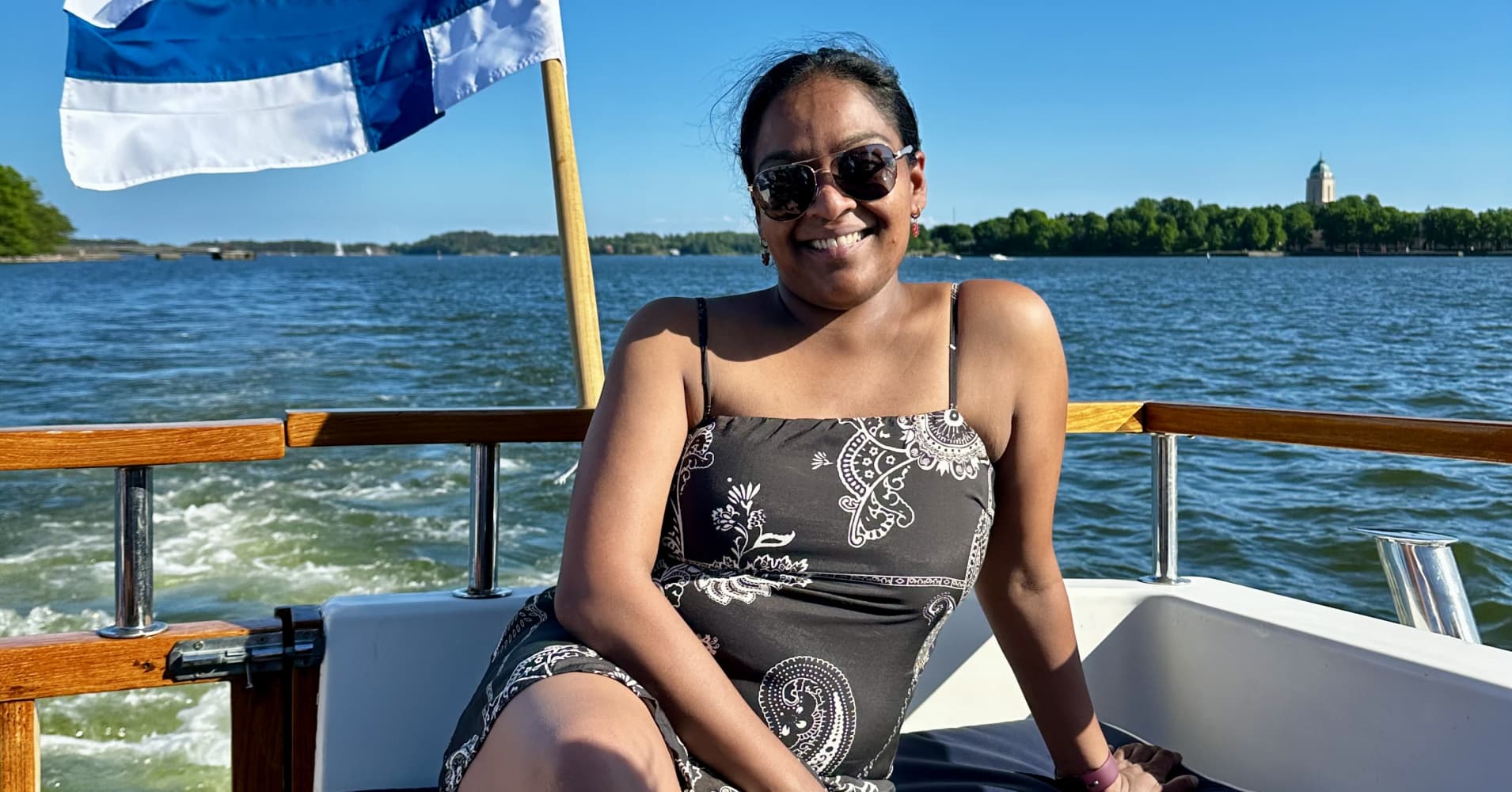I understand what it’s like to deal with inconsiderate visitors — the type that make you eager for them to depart. I never want to be that person when I’m in a different country.
I have been traveling for almost as long as I can remember. I havereached all seven continents, 70 nations, and 47 U.S. states. Throughout the journey, I’ve discovered the importance of our words and the manner in which we express them, particularly when dealing with various cultures.
For instance, terms such as “conquer,” “explore,” and “discover” carry colonial implications that might not be acceptable in nations still dealing with the effects of colonization. Referring to a location as “unspoiled” can overlook its native heritage.
The last thing I desire while traveling overseas is to be seen as a rude American. Being a seasoned traveler, I have discovered through experience the most effective way to prevent this is by refraining from making comments that might seem disrespectful, offensive, or uninformed.
Here are 7 statements I would never make to Americanstraveling abroad often use:
1. ‘How much does it cost in US dollars?’
I’ve witnessed countless instances where an American pulls out their dollars at a foreign market, only to receive a confused look from the shopkeeper. The U.S. dollar isn’t the sole currency used globally. Behaving as if it is — or insisting that locals inform you of prices in dollars or “real money” — can come across as ignorant and selfish.
Check a country’s currency before your trip, and utilize a currency conversion app to monitor your expenses.

2. ‘Nothing is expensive around here.’
You might as well stroll around in a hoodie that reads “entitled and privileged.” There are numerous reasons why other countries could be cheaper than your home, and these often relate to violence, exploitation, and structures meant to sustain worldwide inequality.
3. “Which state do you come from?”
Canada is made up of provinces. Singapore and Monaco are city-states that are not divided into smaller regions. Inquiring about a person’s state of origin outside the U.S. is an easy way to reveal that you haven’t done your research or are unable to acknowledge that things vary in other places.
4. ‘Where’s Starbucks?’
If you visit a foreign country and only seek out big chain stores, you’re passing up the chance to experience something different and to help local businesses. I could have gotten a Starbucks during a trip to Athens a few years back, but that would have meant missing out on delicious Greek coffee and exploring some charming cafes that I’d love to return to someday.
On a different visit to Mexico City, Ididstop by Starbucks — the nearest coffee shop to my hotel and a spot where I was certain I could find a cold brew on a sweltering day. I received a lot of disapproving looks from my friends and numerous questions about why I didn’t choose something elsebetter coffeewhile contributing to the local economy.
Next time, I will recall my own guidance.

5. ‘Your English is quite excellent.’
English is the language that is most frequently used in the world, with approximately 1.5 billion people speak it around the globe. It is an official or commonly used languagein the United States, Canada, the United Kingdom, Ireland, Malta, Singapore, India, Pakistan, the Philippines, Sri Lanka, and numerous Caribbean islands and African nations.
It’s never unexpected to meet someone with perfect English in a country where English is primarily spoken. However, I’ve lost count of how many times people have told me that in the U.S., and it’s unsettling to hear it while I’m traveling.
6. ‘[X country] is considered a developing nation.’
Referring to a nation — particularly one you are visiting — as a “third-world” country maycome off as judgmental. Instead, I use the term “developing country,” which does not have the same implications. It simply doesn’t feel right to judge a place whose people I hope will accept me.
7. ‘This isn’t the way we handle things where I’m from.’
I was once invited to a tasting menu dinner at a Michelin-starred restaurant located not far fromParisAfter the second or third course, an American guest at our table interrupted the meal to ask for a green salad similar to what he typically eats at home. I have never witnessed a waiter so embarrassed, and I don’t believe the chef ever fulfilled the request.
One of the most valuable aspects of traveling is that it introduces you to different perspectives and approaches. Concentrating solely on how things are done back home can diminish the powerful changes that travel can bring.
Visitingnations across the globehas shown me numerous distinct approaches to living — and that’s precisely the transformative viewpoint which gets me thrilled about reserving my next journey.
Meena Thiruvengadamis a travel writer and editorial advisor currently residing in Chicago. She established the travel websiteTravelwithMeena.comand a writer for publications such as Travel+Leisure, Condé Nast Traveler, The Wall Street Journal, and Lonely Planet. Meena once served as an editor at Yahoo Finance and held the position of head of audience development at Bloomberg and Business Insider. Connect with her onTikTokandInstagram.
Want to become an effective and self-assured speaker?Take MathHotels.com’s online courseBecome a Skilled Speaker: Excel in Giving PresentationsWe’ll show you how to speak clearly and with confidence, ease your anxiety, know what to express and avoid, and use body language strategies to create a strong first impression.Get started today.
Plus,Register for MathHotels.com’s newsletterto learn strategies and advice for achieving success in your job, financial matters, and personal life, andrequest to become a member of our elite network on LinkedInto engage with professionals and colleagues.



